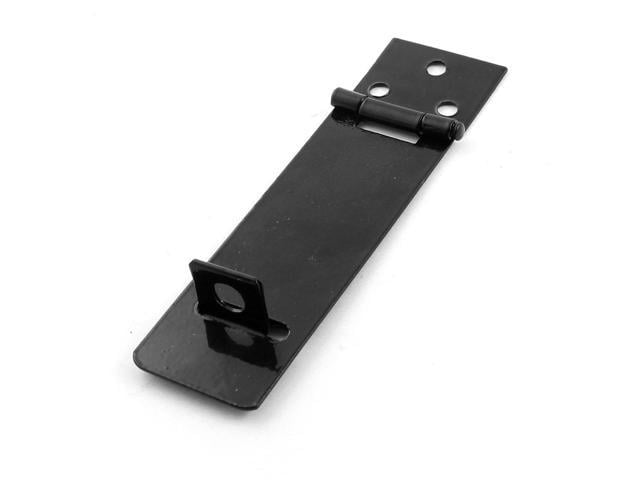Excerpt from Narrative and Critical History of America, Vol. 6: Part 1
English or colonial markets, more than it affected New England, whose great staples, lumber, fish, oil, ashes, and furs, were free to find their best market, provided only they were sent in English or colonial vessels.
British merchants not satisfied with this monopoly procured a more strin gent act ih 1663, which provided that no commodity, the growth, product, or manufacture of Europe, Should be imported into the colonies, except in English-built ships, sailing from English ports. By this act England became the sole market in which the colonists could purchase the prod ucts or manufactures of Europe, nor could they send their own ships for them, unless English-built or bought before October 1, 1662. They were obliged to buy in English markets and import in English vessels.1 This discouraged ship-building for the European trade in a country full Of tim ber, and compelled the payment of charges and profits to English factors dealing in Continental goods for the American market.
By these two acts British merchants had undertaken to monopolize, with certain exceptions, the carrying trade of the colonies and their markets for the sale and the purchase of goods. But avarice was not satisfied. There had grown up a trade, especially profitable to New England, with the Southern colonies which were without shipping. By the act of 1660, for eign and intercolonial trade in certain articles was permitted, with the expectation that it Would be limited to necessary local supply. But Boston merchants, shipping to that port tobacco and some other colonial products in excess of the local demand, sent the surplus to Continental Europe, with out payment of British or colonial duties, and thus undersold the British trader, who had paid heavy import duties. To suppress this profitable irregularity, it was enacted in 1672 that the enumerated products shipped to other colonies Should be first transported to England, and thence to the purchasing colony. The colonial merchants had the option, however, of bringing tobacco, for instance, from Virginia direct to Massachusetts, first paying an export duty equivalent to the English import duty?
About the Publisher
Forgotten Books publishes hundreds of thousands of rare and classic books. Find more at www.forgottenbooks.com
This book is a reproduction of an important historical work. Forgotten Books uses state-of-the-art technology to digitally reconstruct the work, preserving the original format whilst repairing imperfections present in the aged copy. In rare cases, an imperfection in the original, such as a blemish or missing page, may be replicated in our edition. We do, however, repair the vast majority of imperfections successfully; any imperfections that remain are intentionally left to preserve the state of such historical works.















